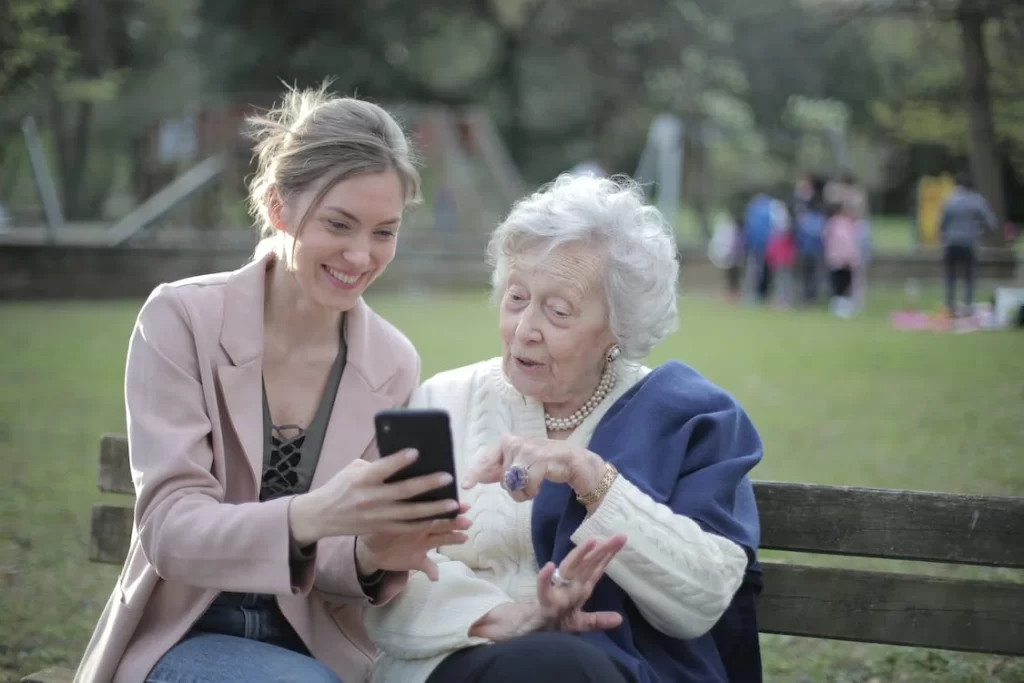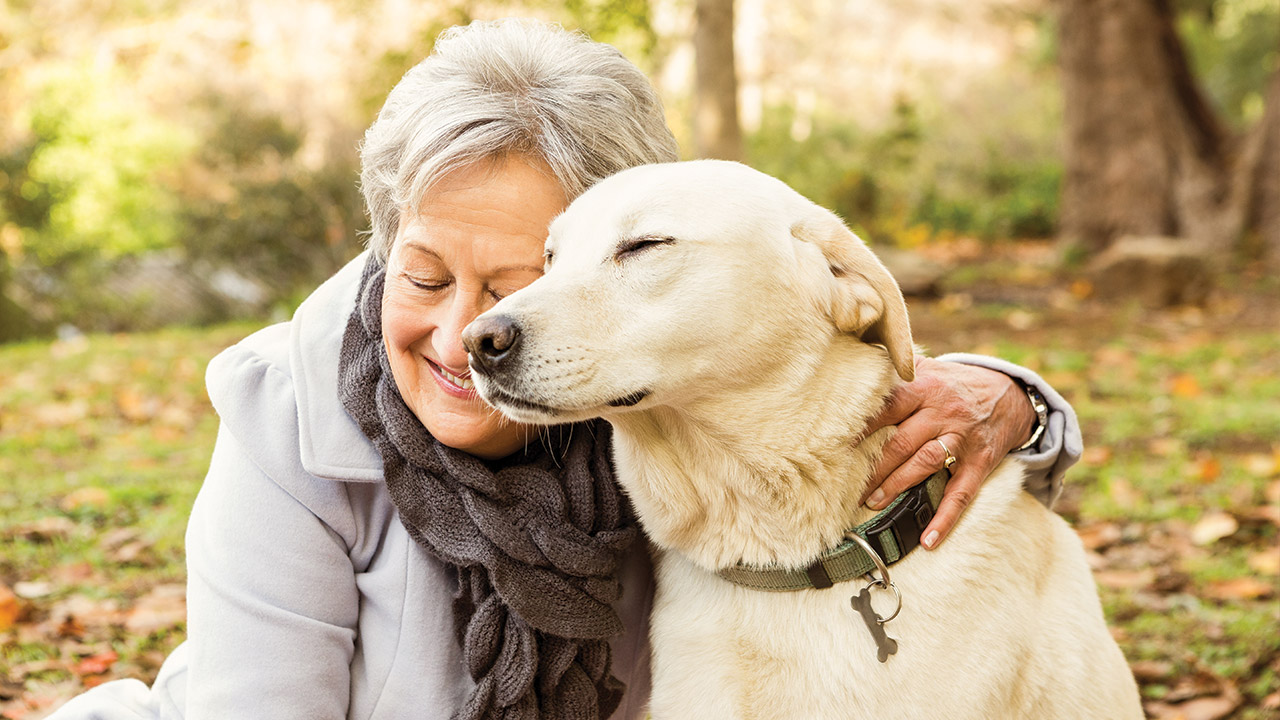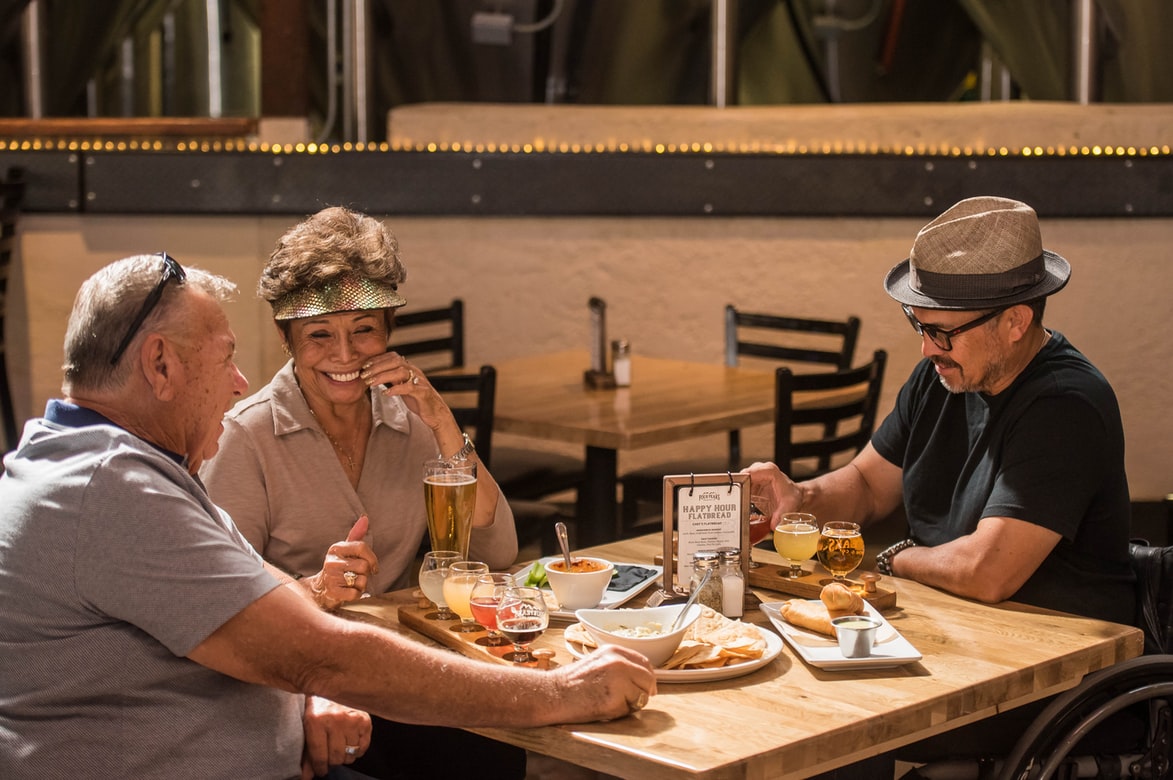Caring for the Elderly: A Testament of Love and Compassion
In the tapestry of life, a sacred thread connects generations—the profound bond between the young and the old. As time weaves its intricate patterns, the role of caring for older adults becomes paramount. It is a responsibility that demands patience, understanding and an unwavering commitment to love and compassion. This article delves into the profound significance of caring for older people, exploring the transformative power it holds for caregivers and those they embrace.
Embracing Empathy and Understanding
One must first embrace empathy and understanding to care for older adults. Empathy allows us to step into their shoes, comprehend their challenges and triumphs, and provide the comfort and support they deserve. It is essential to recognize that beneath the wrinkles and fragile demeanor lie stories of a life lived with purpose and depth. By taking the time to listen, to hear their voices truly, we can unveil a treasure trove of wisdom and experiences.
Promoting Independence and Dignity
While it is our duty to care for the elderly, promoting their independence and preserving their dignity is equally important. Aging should not diminish their self-worth or rob them of their autonomy. By fostering an environment that encourages self-reliance and respect, we empower older people to maintain their dignity and make choices that align with their desires. This approach cultivates a sense of purpose and fulfillment, enhancing their well-being.
Nurturing Physical and Mental Health
A holistic approach to elderly care involves promoting physical and mental health. Regular physical activity tailored to older adults’ abilities can help maintain strength, flexibility, and vitality. Additionally, stimulating their minds through intellectual pursuits, social interactions, and creative outlets fosters cognitive well-being and combats the effects of aging. By prioritizing their health, we ensure that the elderly can fully embrace life.
Fostering Social Connection

Loneliness and social isolation can be formidable adversaries in the lives of older adults. Our responsibility is to combat these challenges by fostering social connections and nurturing a sense of belonging. Encouraging family visits, organizing community events, and facilitating intergenerational interactions can weave a vibrant tapestry of companionship and support. Through such connections, the elderly can find solace, share their stories, and create lasting memories.
Seeking Professional Assistance
While love and dedication are the cornerstones of elderly care, it is essential to recognize when professional assistance is needed. In cases where specialized medical care, rehabilitation, or complex needs arise, seeking the expertise of healthcare professionals can provide invaluable support. By collaborating with doctors, nurses, and caregivers, we can ensure that older people receive the comprehensive care they require while still maintaining the love and compassion that are the essence of our caregiving roles.
In the twilight of life, as the sun sets on the journey of older adults, our care and love become their guiding light. Caring for the elderly is not merely a duty; it is an act of profound significance that enriches the lives of the caregivers and those they serve. It is an opportunity to forge connections, to impart kindness, and to honor the legacy of those who came before us. As we embark on this noble path, remember that the love and compassion we bestow upon older people reverberate through time, weaving a tapestry of warmth and gratitude that transcends generations.
Remember to bookmark our blog for more informative articles on care and love, and stay tuned for our upcoming posts on essential care for our older adults.
Read more:
– Palliative Care Unit: Helping Patients at the End of Life;
– Tips for Improving Communication With Older Adults;
– Caring for Someone With Alzheimer’s Disease.







